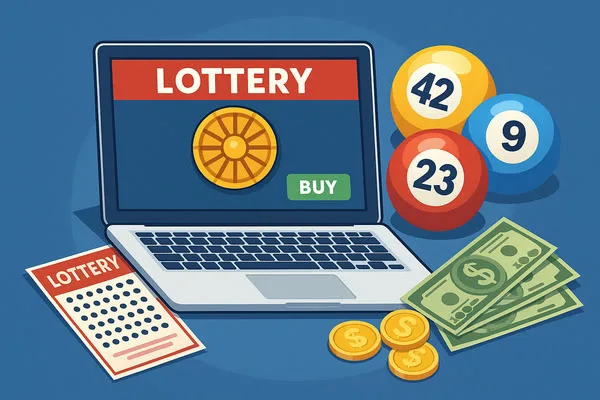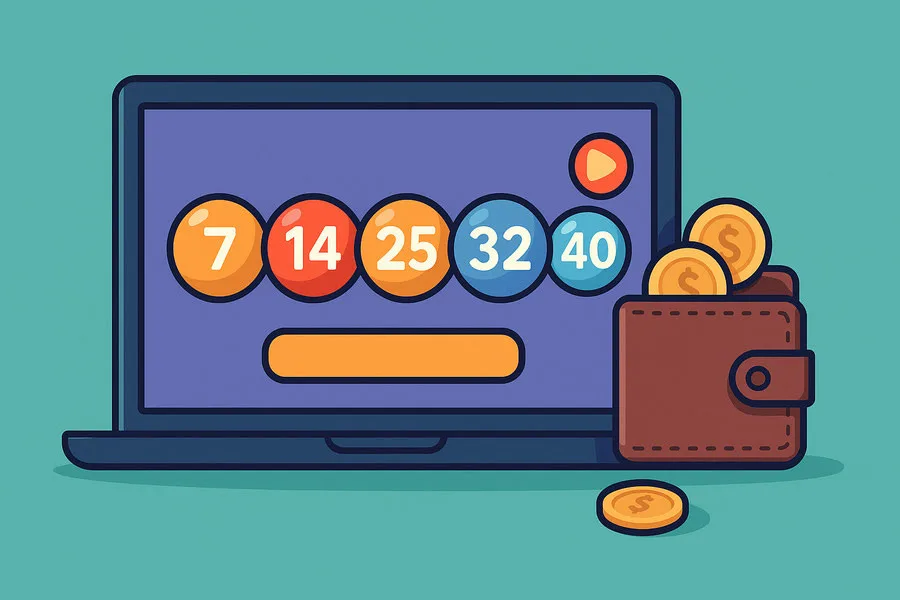
TOP 5 Most Common Myths About Online Lotteries
Online lotteries continue to be one of the most accessible and misunderstood forms of gambling in the digital age. Despite the popularity of licensed platforms and regulatory safeguards, myths about their legitimacy, fairness, and risks persist among both new and seasoned players. These misconceptions not only mislead but also prevent players from making informed decisions.
In this article, we’ll explore the five most common myths about online lotteries, separating fiction from fact. Whether you’re a regular participant or simply curious about how digital lotteries operate, it’s crucial to understand the realities behind the system. Let’s look at what the data says — and what it doesn’t.
Myth 1: Online lotteries are always a scam
This myth likely stems from the presence of rogue sites and bad actors in the early days of online gambling. While fraudulent platforms do exist, many lottery operators today are licensed by respected regulatory authorities. They follow strict compliance rules, including identity verification, secure payments, and independent audits.
Reputable lottery platforms openly display their licensing credentials and use encryption to protect player data. Most also undergo regular audits by third-party firms to ensure their systems are fair and secure. If a site is transparent and adheres to strict regulatory requirements, it’s not operating as a scam but as a legitimate business.
Myth 2: No one ever actually wins
This belief often arises from the naturally low odds of winning large prizes. However, thousands of players win smaller amounts daily across platforms. Major online lotteries often publish verified winner data or anonymised stories to show that real people do walk away with prizes.
Casino Queen demonstrates how transparent and player-focused platforms operate, regularly publishing results, providing full draw histories, and ensuring that winners receive their payouts promptly. These actions help build trust and prove that wins are not just possible — they are real and trackable.

Myth 3: The results can be manipulated
Some players believe that digital outcomes are more vulnerable to tampering. In reality, regulated online lotteries use certified random number generators (RNGs), regularly tested for fairness by independent labs. These technologies ensure that neither the operator nor the player can predict or influence the result.
Results are timestamped and often published with unique identifiers, allowing for transparency and verification. Players can check outcomes through multiple channels and platforms, reinforcing the legitimacy of the system. Manipulating an RNG-backed draw on a licensed site is practically impossible.
Myth 4: Buying more tickets guarantees a win
Statistically speaking, buying more tickets improves your chances, but only marginally. If your odds of winning are one in ten million, buying ten tickets changes your odds to one in a million — still extremely slim. This myth can lead to excessive spending without improving real outcomes.
Responsible play focuses on budget control rather than volume. More tickets mean more money spent, and potentially more losses. Most experienced players set fixed limits and stick to them, knowing that lottery participation should be about entertainment, not expectation.
Myth 5: Online lotteries are addictive
Like all gambling formats, online lotteries carry a risk of addiction, but that doesn’t mean they are inherently addictive. Most users engage with them occasionally and in moderation. The portrayal of online lotteries as especially harmful is an exaggeration that ignores the available player protections.
Licensed platforms provide a range of responsible gambling tools — including self-exclusion, deposit caps, and time limits. These features, combined with clear education around risk, help users maintain control. Addiction is a serious issue, but it’s influenced more by personal behaviour than the format itself.
How to tell myth from reality
To identify whether a statement about online lotteries is true or false, look at the source and verify the facts. Trustworthy platforms are licensed, use secure technologies, and are clear about how draws work. If a claim seems too good or too bad to be true, it’s worth double-checking.
Stay informed by choosing regulated sites, reading their policies, and setting personal limits. The best defence against misinformation is knowledge. With a clear understanding of how online lotteries really work, you can enjoy them with greater confidence and control.
